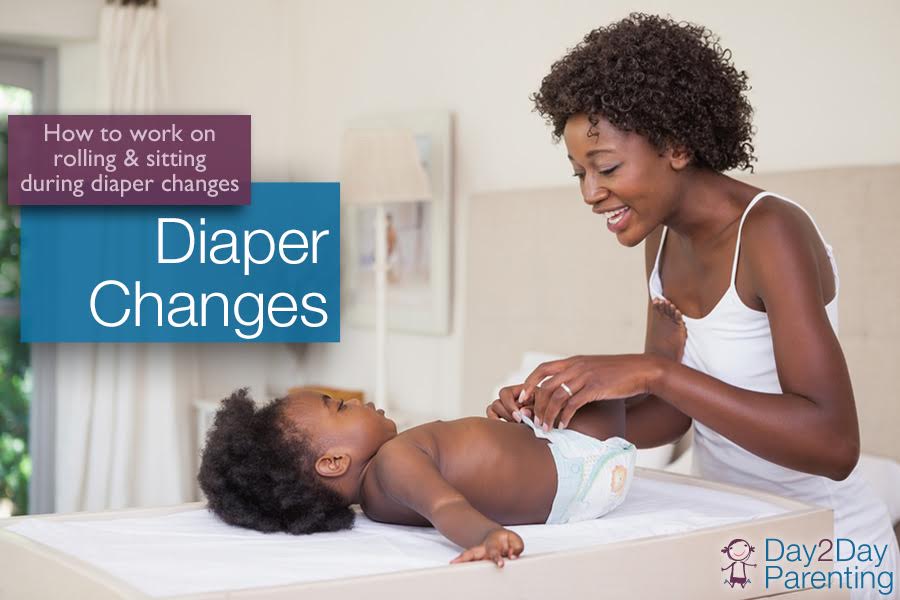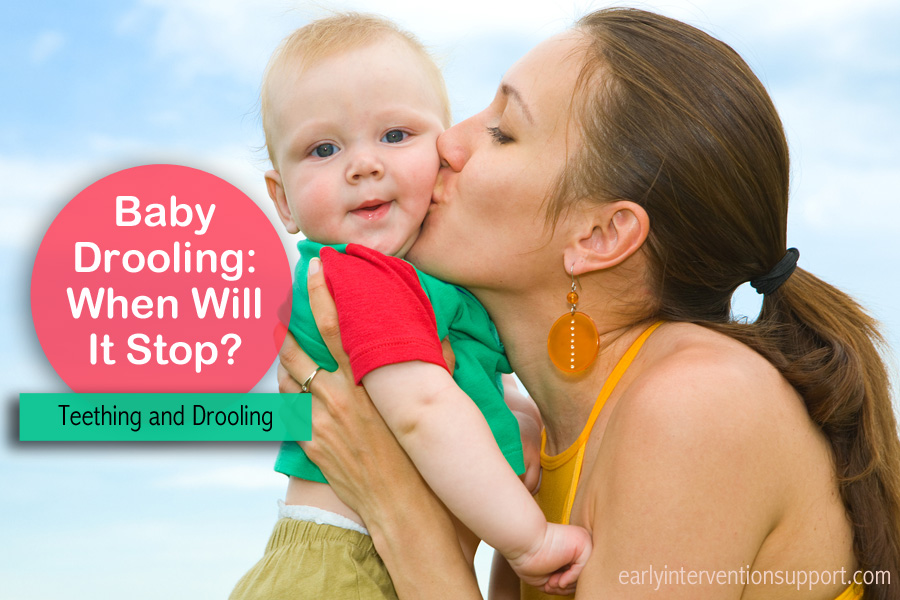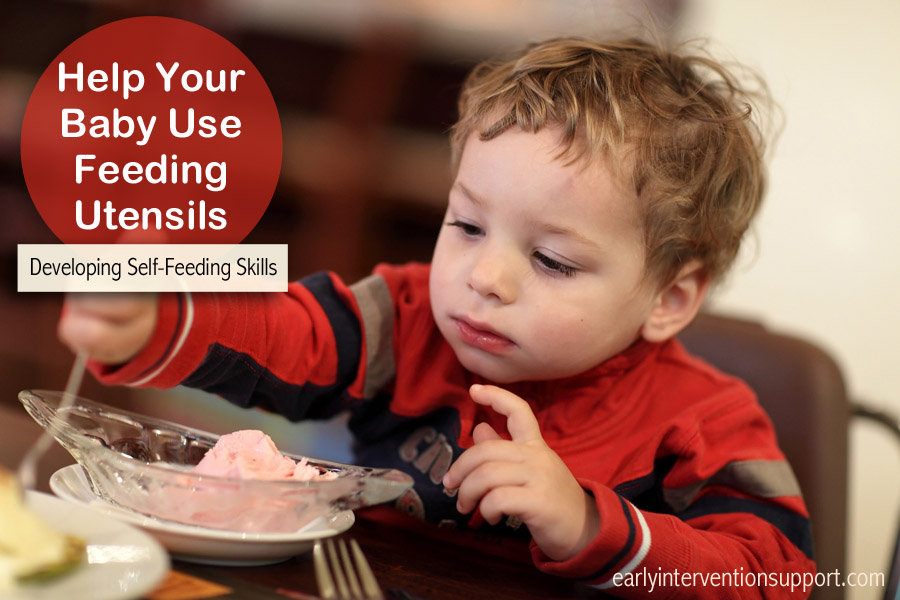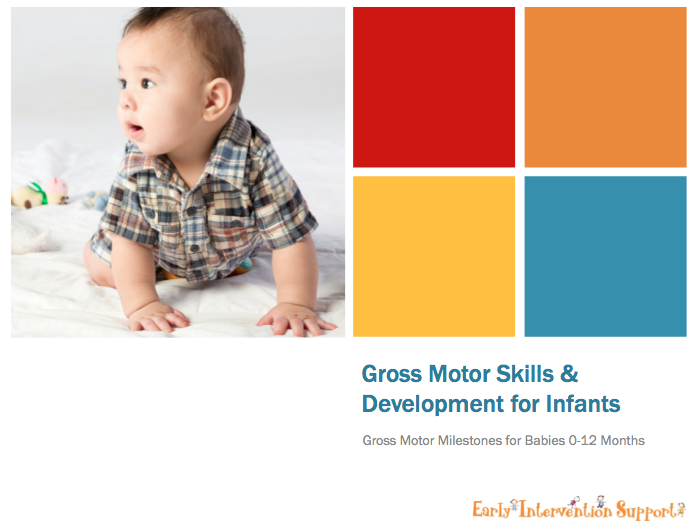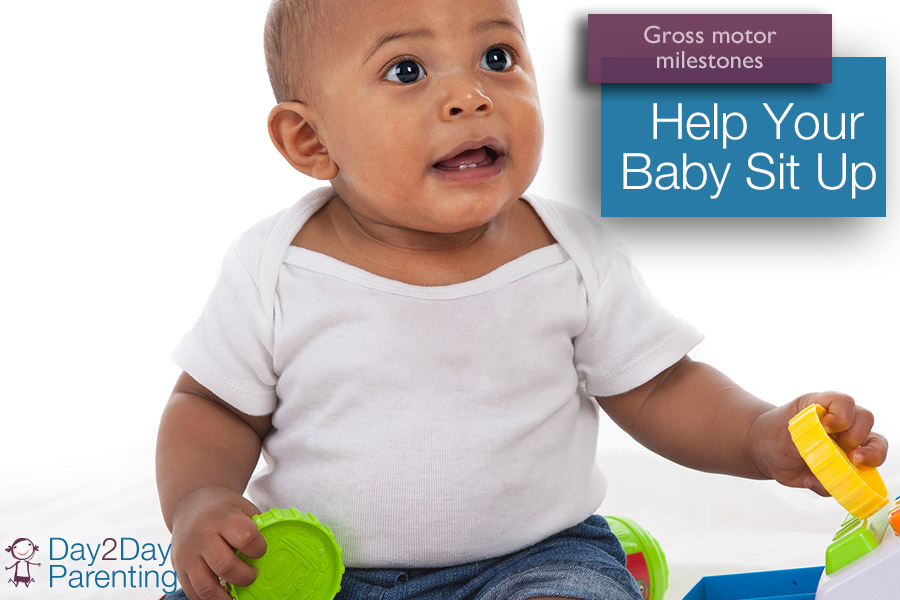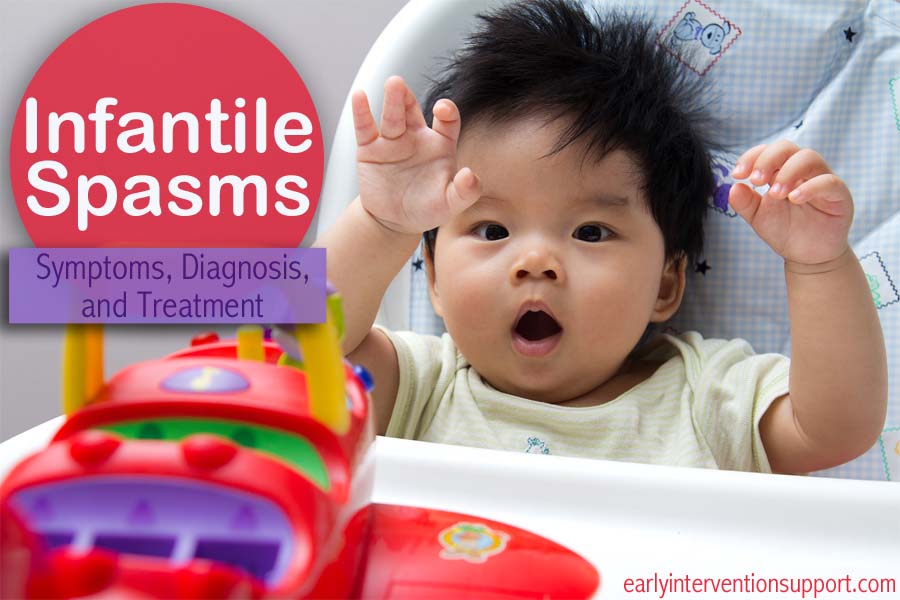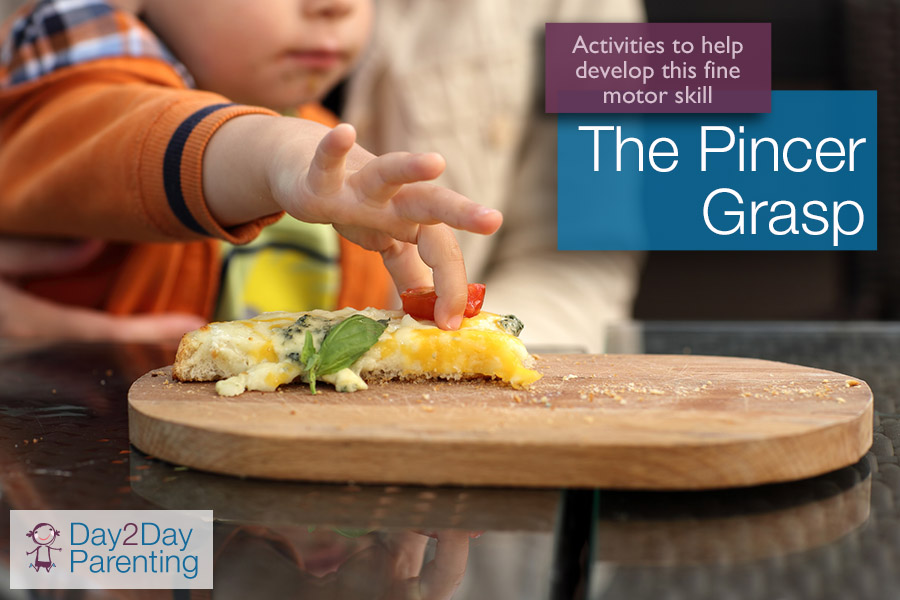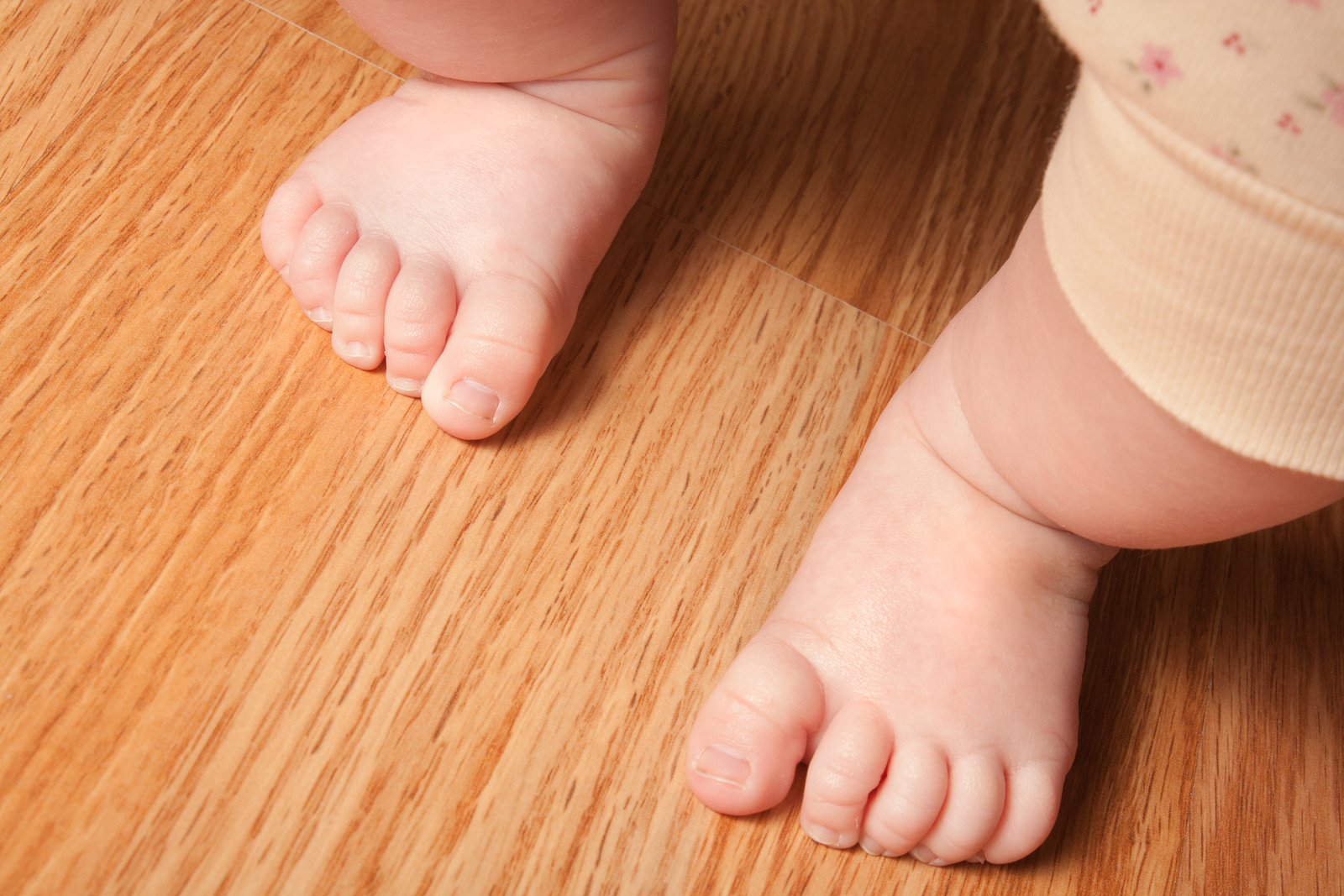Looking for ways to encourage your baby to roll and sit? Typically, rolling skills develop between 4-6 months and sitting independently develops between 6-8 months of age. You can help your baby meet these motor milestones by helping them to develop strong core muscles and assisting them in these movements every day. Diaper changes are a great time to help them …
Baby Drooling: When Will It Stop?
As a mother of three girls I can certainly remember the days of going through several shirts and bibs per day when my kids were teething. With each child, the drooling lasted for different lengths of time. When should drooling subside in a child’s development? Hopefully this article will help you decide if it is still OK for your child …
How Do I Help My Baby Learn to Feed Themselves?
For most typically-developing infants, pediatricians will advise that parents begin introducing spoon-fed baby foods to their babies at around the age of 6 months. Generally, we start with a thin mixture of rice cereal, and as babies demonstrate that they can handle this gentle food, we gradually add foods one at a time to ensure that there are no allergies. …
Gross Motor Skills for Infants Aged 0-12 Months
You can help support the development of your baby’s gross motor skills from the moment you bring them home. Gross motor skills involve the large muscles of the body, such as the arms and legs. – In early child development, it’s the strengthening of these muscles that enable infants to hold their head up, sit up independently, crawl, and eventually walk. Find out …
How to Help Baby Sit Up Independently
Parents are very aware of the motor milestones their baby will meet in their first year of life. Sitting independently is a big one because now your baby can sit alone on the floor and begin to use both hands to grasp and manipulate toys. They can also now sit well in a high chair for feeding, and can sit …
Fine Motor Skills: Finger Isolation
One of the things we love to see newborn babies do is discover things. Around 6 months of age, a rattle will fit comfortably inside the palm of a baby’s hand. Once they discover how much fun it is to shake a rattle, they gradually develop coordination between the index and middle fingers and thumb to grasp small blocks and …
Infantile Spasms | What to Know as a Parent, Therapist & Caregiver
Infantile Spasms usually start between the ages of 4 to 8 months and occur in clusters, where often a baby is flexing his arms, legs, trunk or neck. Colic, on the other hand, does not typically occur in clusters and colic is often associated with feeding, where Infantile Spasms are not. Sometimes they are mistaken by parents as a “startle reflex.”
Development of the Pincer Grasp
In typical development, we expect that by about 12 months of age, our babies will be able to pinch small objects using the tip of the index finger and the thumb.
Q&A: Baby Not Babbling Consonants at 9 Months
My son turned 9 months today, and he is not babbling consonants yet. He tries really hard to talk but all he can come up with is Ahh Ehhh or lots of gurgling sounds like “Aga” and “Aka”. He is learning to stand up, and he can crawl. He likes to play peek-a-boo, but not patty cake. He often smiles …
Baby Standing? – The Development of Standing & Stepping (Gross Motor Skills)
Positive Support Reflex & Stepping Reflex: Enabling babies to stand and step Children’s gross motor skills develop over time, but sometimes infants appear to be born with amazing skills like standing and even stepping. Standing and stepping in very young infants can actually be the result of neurological reflexes that are typical for all infants. The two reflexes that enable children …

